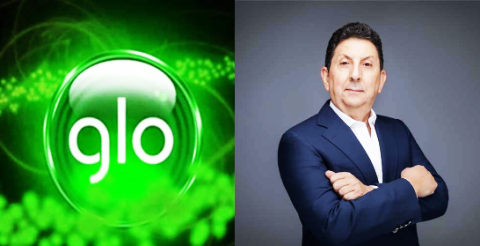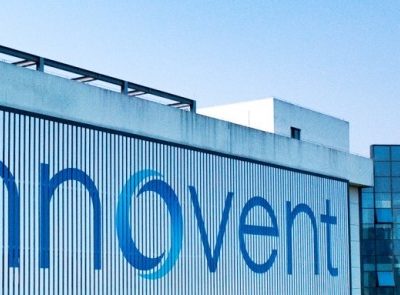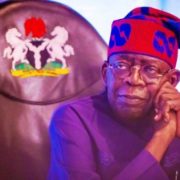Globacom, one of Nigeria’s leading telecommunications companies, has been thrust into yet another leadership crisis following the resignation of its expatriate CEO, Ahmad Farroukh, just one month after his appointment in October 2024. Farroukh, a seasoned telecom executive, cited challenges stemming from the company’s internal organizational structure as a key reason for his abrupt departure, according to sources familiar with the matter.
RELATED: Can Ahmad Farroukh revive Globacom after 43 million subscriber loss?
Internal Governance Issues Behind the Departure
A senior industry expert shed light on the underlying issues, stating:
“Globacom is finding it difficult to address its problem of internal governance, marked by a centralized decision-making process that hinders its operations and growth.”
Globacom has yet to release an official statement regarding Farroukh’s resignation. However, industry observers argue that the telecom giant’s management style—characterized by a lack of structured governance and modern operational frameworks—likely clashed with Farroukh’s experience in leading highly organized telecom firms.
Farroukh is renowned for his successful tenure at leading telecom operators, including MTN Ghana, MTN Nigeria, Mobily (Saudi Arabia), and Smile Communications. His appointment was seen as a strategic move to revitalize Globacom, streamline its corporate structure, and reclaim lost market share.
Challenges for Globacom: Market Share Decline and Leadership Instability
Farroukh’s resignation comes at a precarious time for Globacom, which has been grappling with significant internal and external challenges. The company has lost more than 50% of its subscribers, dropping to just 12% of Nigeria’s phone market. It now trails far behind its competitors, MTN and Airtel, in the highly competitive telecom sector.
This steep decline in subscribers is largely attributed to Globacom’s non-compliance with regulatory requirements. In 2024, the Nigerian Communications Commission (NCC) penalized the company for registering over 40 million subscribers without valid National Identification Numbers (NINs). The fallout from this penalty not only eroded its subscriber base but also dented its reputation in the market.
Globacom’s internal challenges, compounded by frequent leadership changes, continue to hinder its ability to compete effectively. Farroukh’s brief stint at the helm reflects a recurring pattern of instability that raises questions about the company’s ability to attract and retain top-tier talent.
Farroukh’s Short Tenure: A Missed Opportunity?
Ahmad Farroukh’s appointment was widely regarded as a turning point for Globacom. Industry insiders had hoped his expertise would bring much-needed reforms to the company’s governance and operational structures. However, his premature resignation highlights the deeper structural issues within the organization.
Farroukh’s leadership could have positioned Globacom to:
- Restructure Internal Governance: Implement a more decentralized and efficient decision-making process.
- Regain Market Share: Develop strategies to win back subscribers lost during the NCC’s 2024 sanctions.
- Modernize Operations: Transition to a more competitive and innovative management style, aligning with global telecom standards.
Instead, his departure underscores the significant barriers to reform that persist within Globacom’s corporate culture.
The Future of Globacom: What’s Next?
Globacom’s leadership vacuum and ongoing challenges pose serious questions about its future in Nigeria’s telecom industry. To regain its competitive edge, the company must address the root causes of its struggles:
- Reform Governance Structures: Shift from a centralized decision-making model to a more transparent and collaborative framework.
- Enhance Regulatory Compliance: Build stronger systems to ensure adherence to NCC requirements, avoiding further penalties.
- Stabilize Leadership: Attract and retain experienced executives who can drive long-term growth.
Without these changes, Globacom risks further eroding its market share and credibility in the eyes of both consumers and industry stakeholders.































